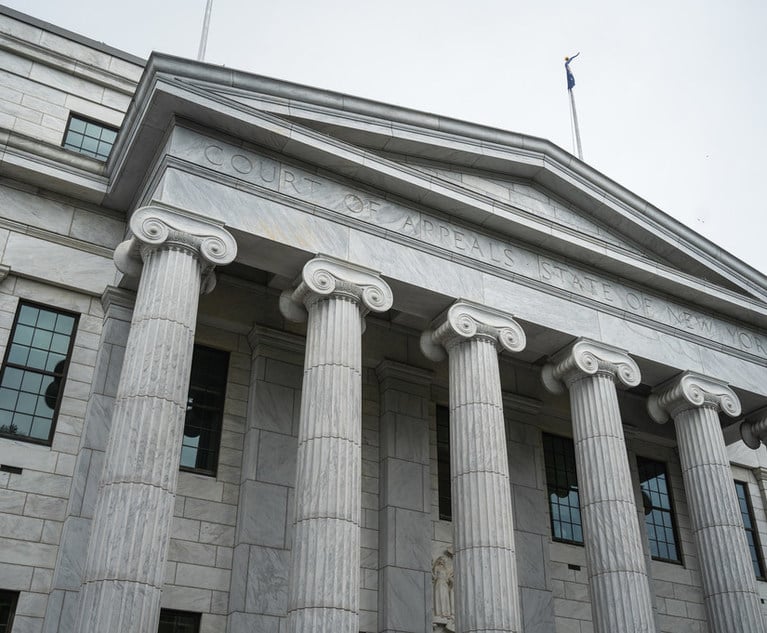By now, the story is familiar: A company announces either good or bad news and its stock price goes up or down, only for investors to later learn that around the same time, corporate insiders purchased or sold millions of dollars of their company stock holdings, often for the first time in years. It’s alleged to have happened at Eastman Kodak, Moderna Therapeutics, and, more recently, at government contractor Emergent BioSolutions, whose share price fell over 50% from February 2021 to April 2021, coinciding with its announcement of negative financial results and COVID-19 vaccine production problems. Just before that period of bad news, for the first time in over four years, its CEO Robert G. Kramer sold a substantial amount of his company stock for proceeds of over $10 million.
These transactions have something in common besides their fortuitous timing: They were all the result of an SEC rule that was meant to prevent insider trading on the basis of material nonpublic information. The SEC rule, formally known as 10b5-1, covers what are known as “trading plans,” and requires that executives pre-arrange for specific amounts of stock to be sold at specific times according to pre-established criteria. Notably, the rule does not require disclosure of the substance of the plans to investors, and executives can cancel the plans at any time and enter into as many plans as they want.


 Shutterstock
Shutterstock




